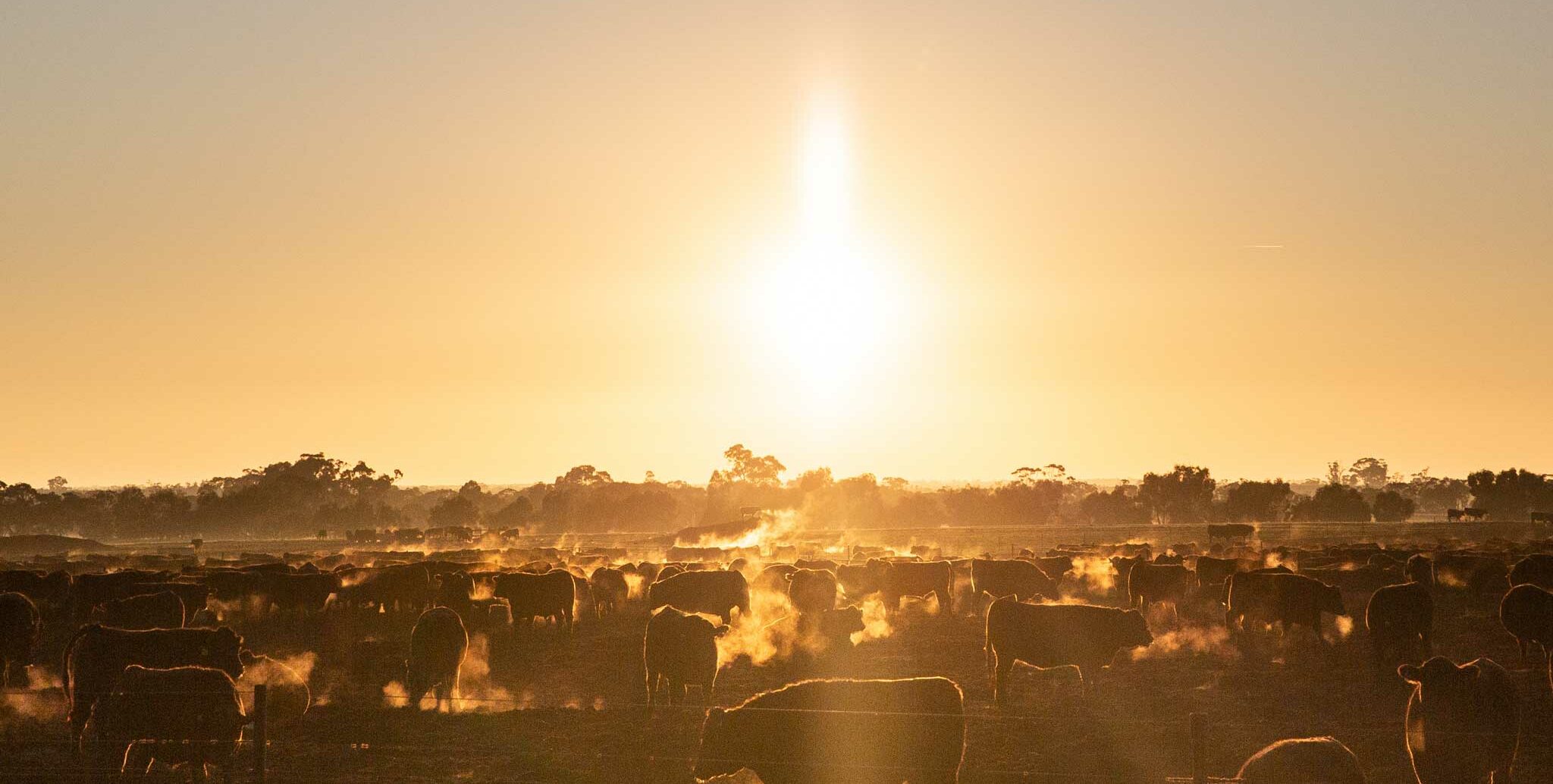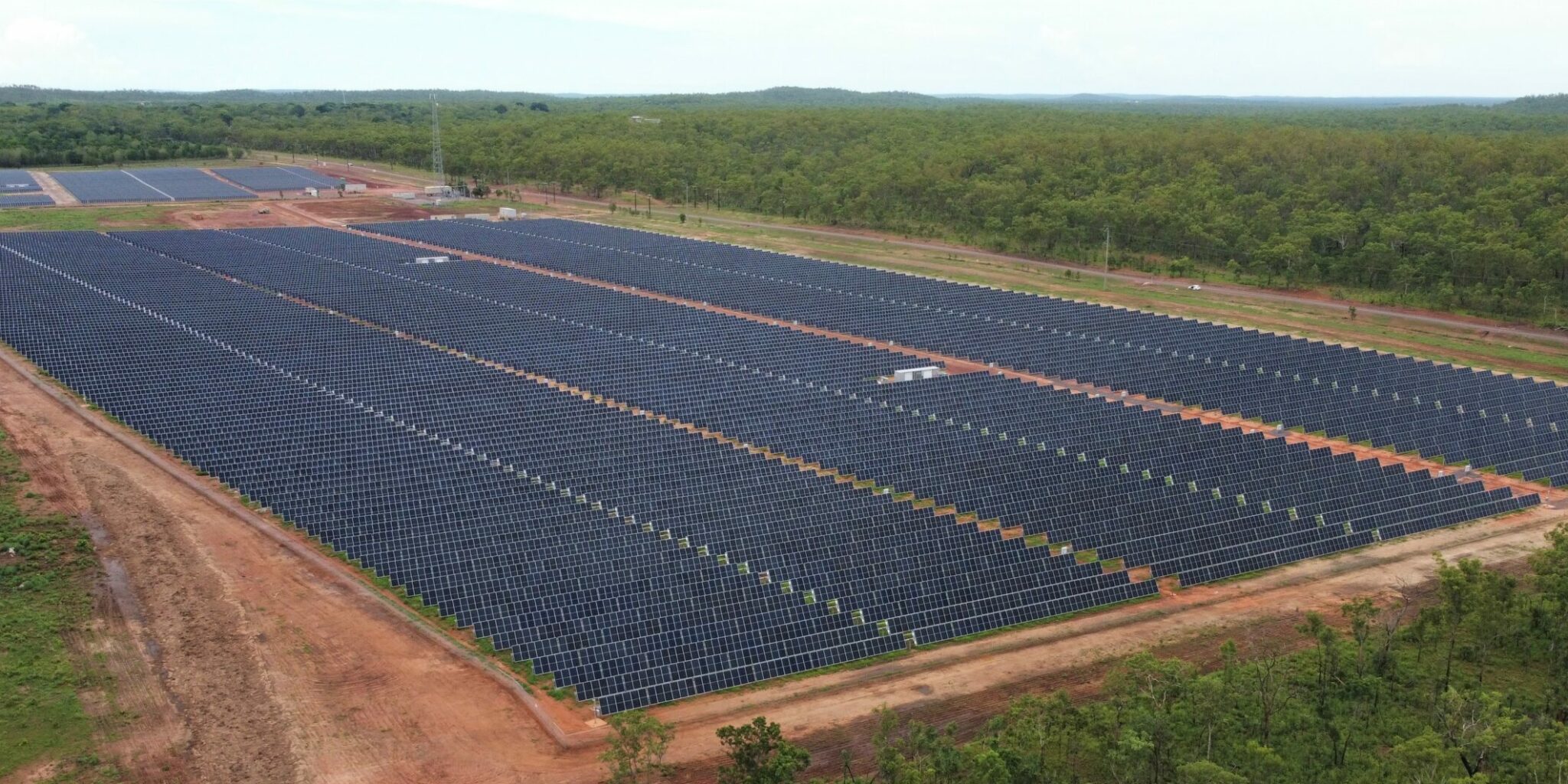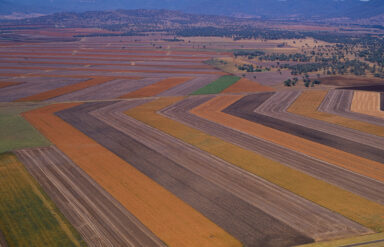- Investors
Investors
Merricks Capital provides innovative investment solutions that deliver consistent performance for its investors while operating with financial discipline and prudent risk.
Our investment strategies include private credit across commercial real estate, agriculture and infrastructure and specialised industrial. - Borrowers
Borrowers
Merricks Capital can move quickly and with confidence when investing in quality opportunities.
- Our Funds
Investment Objective
Merricks Capital’s private credit investment strategies adapt with market conditions with the agility to move between asset classes and across cycles.
- Insights
- News & Media
- Company
Where preparation meets opportunity
Established in 2007, Merricks Capital delivers a truly differentiated multi-strategy offering, with extensive investment capability and global experience spanning multiple asset classes.
- Contact











